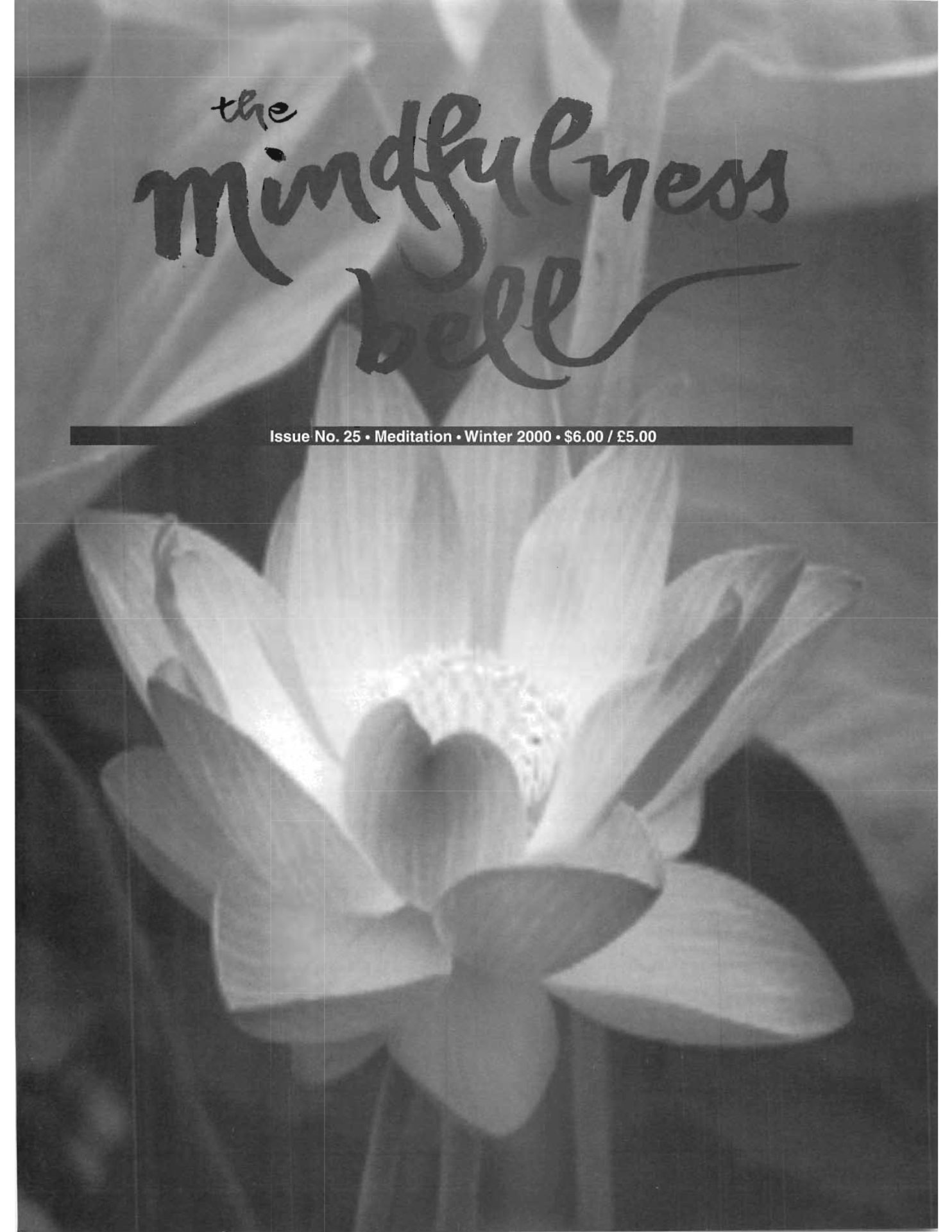
By Karl Schmied
Shakyamuni Buddha taught that the next Buddha will be called Maitreya—the Buddha of Love. When we practice maitri meditation, we water the seeds of this future Buddha in ourselves and strengthen our ability to love. It is the perfect antidote for resentment, hate, and anger. It has been especially useful to me in reconciling conflicts and creating stability in difficult situations. Maitri meditation helps me be more open,

By Karl Schmied
Shakyamuni Buddha taught that the next Buddha will be called Maitreya—the Buddha of Love. When we practice maitri meditation, we water the seeds of this future Buddha in ourselves and strengthen our ability to love. It is the perfect antidote for resentment, hate, and anger. It has been especially useful to me in reconciling conflicts and creating stability in difficult situations. Maitri meditation helps me be more open, and enables me to act and react positively to others—from my parents (though no longer alive) to friends and partners in private and business life. The nine verses are:
May I be peaceful, happy, and light in body and spirit. May I be safe and free from injury. May I be free from anger, afflictions, fear, and anxiety. May I learn to look at myself with the eyes of understanding and love. May I be able to recognize and touch the seeds of joy and happiness in myself. May I learn to identify and see the sources of anger, craving, and delusion in myself May I know how to nourish the seeds of joy in myself every day. May I live fresh, solid, and free. May I be free from attachment and aversion, but not be indifferent.
We first direct the verses to ourselves. As long as we cannot accept ourselves as we are—including our capacity to transform unwholesome qualities—our loving relationships with others will also be awry. Next, we direct our meditation to a person we love, then to a person for whom we experience neutral feelings, and finally to a person with whom we experience difficulties. When we begin the meditation with "May I" or "May he/she" it is not a pious wish, but rather our earnest intention to master this ability and this state, to practice and to wish this also for other persons in our meditation.
The unfolding of maitri begins first in thoughts, then as internal attitude which includes feelings and sensations, and finally it develops into a pure "being" without differentiating between you and I, friend and foe. Practicing this way, we begin to better understand the object of our meditation—ourselves or another person. Maitri will then permeate our thoughts, words, and deeds more and more strongly, and the Buddha Maitreya will become a loving reality within us.
Amoghavajra Karl Schmied, True Dharma Eye, is the Dharma teacher of the Community of Mindful Living in the Munich area, and one of the three Dharma teachers of Haus Maitreya in Hohenau.

